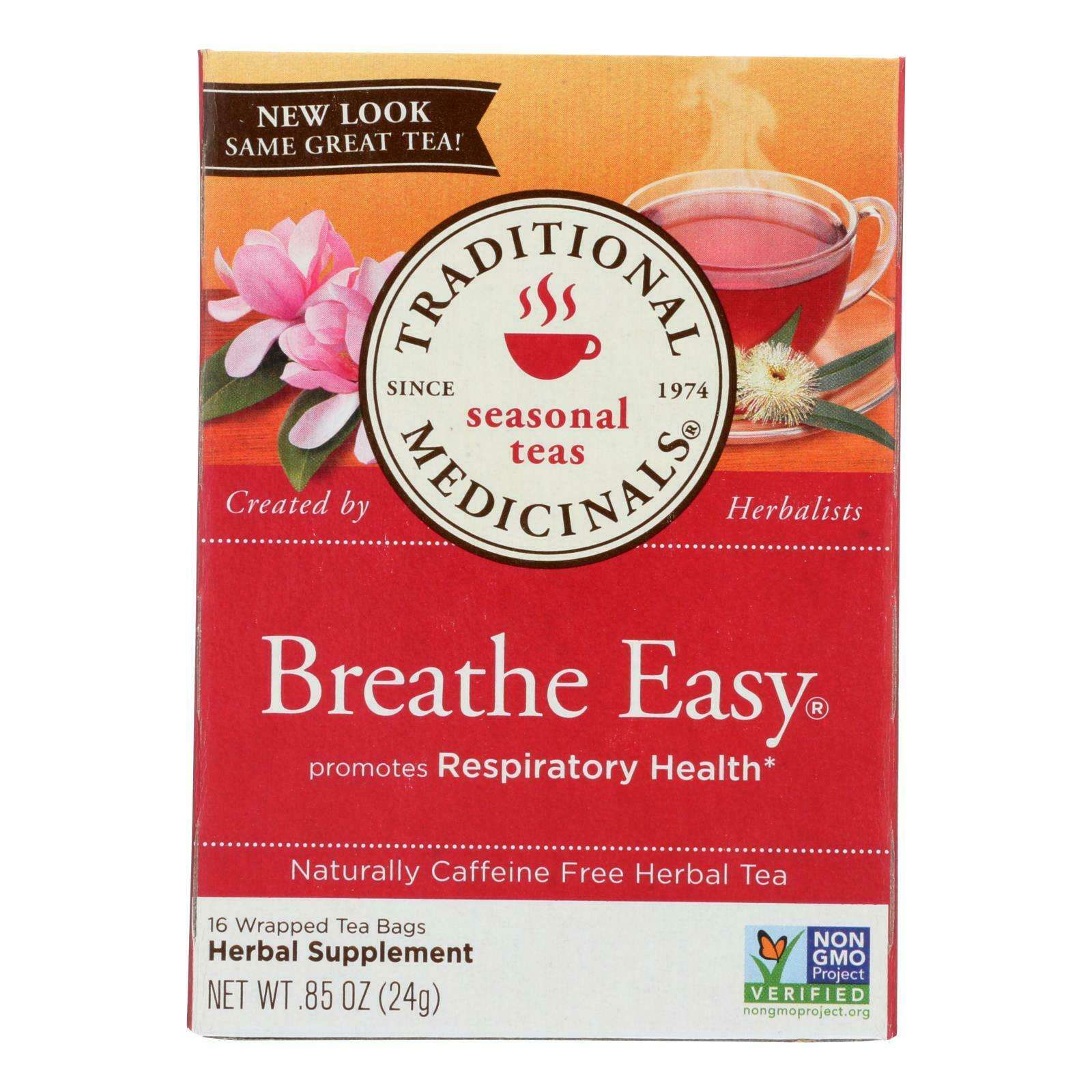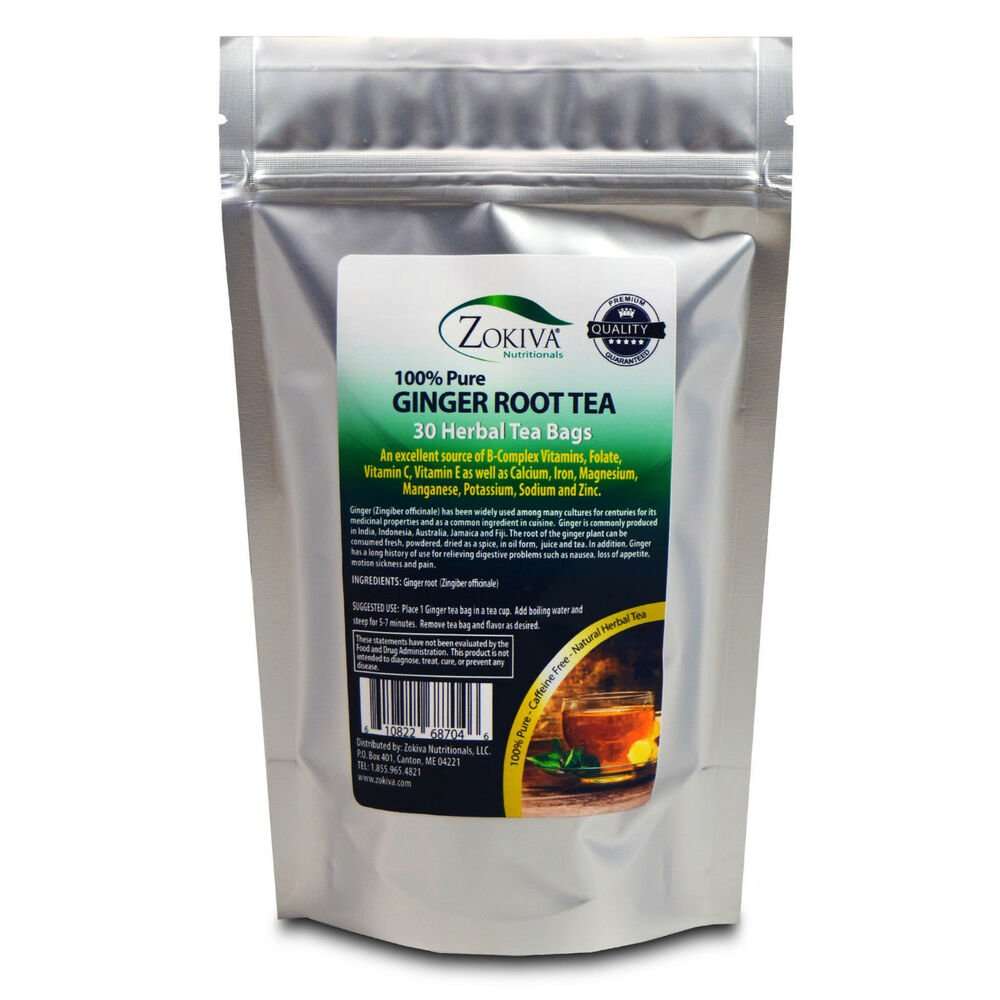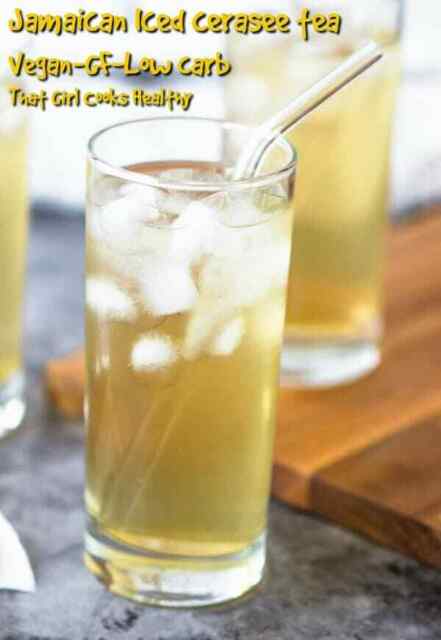What Are The Benefits Of Drinking Six To Eight Cups Of Hot Tea
Related Articles
Tea was first discovered in China, and is consumed worldwide in a variety of forms and flavors. Depending on the type and variety, tea is not just a soothing and relaxing beverage, it can come with a number of potential health benefits, in addition to helping you stay hydrated throughout the day. While you can drink six to eight cups of tea safely, avoid more than five cups of caffeinated tea per day, and limit the amount of added sugar to keep tea low in calories.
Sobacha Buckwheat Tea Detox
Buckwheat Tea, or Sobacha , is made from roasted kernels of buckwheat. This caffeine-free herbal tea has a nutty, sweet flavor and brews a golden yellow liquor. Sobacha can be enjoyed both hot and cold. In Japan, its known for its extraordinary health benefits, such as lowering blood sugar levels and promoting good digestion, heart health, and weight loss.
Sobacha Aiji
Peppermint Tea Immune System Fighter
Peppermint tea has a fresh, cool flavor with a tingling finish. A great source of potassium, calcium, Vitamin A, Vitamin C, and folate; peppermint tea is great for improving digestive function and provides relief for cold and allergy symptoms.;Additionally, the essential oils released when steeping the tea are antiviral and antimicrobial, which can boost your immune system and help your body fight infection.
You May Like: Is Decaf Coffee Good For Constipation
The Label Decaf On Herbal Teas
So, if most herbal teas are naturally caffeine-free, why do some have a decaf label ?
For the most part its just a marketing gimmick. For some reason decaf grabs attention more than caffeine free.
Its a lot like sticking a vegan or gluten free sticker on mint tea. It was like that to being with, much like water is wet.
The only real decaf teas out there are those that previously had any caffeine to speak of.
So, black tea, green tea, white tea, Puerh, Oolong and yerba mate.
If you ever run into a decaf rooibos, you know the labels just there for show.
Does Black Tea Have More Or Less Caffeine Than Coffee

Like for like, a cup of coffee has around double the amount of caffeine compared to black tea, with an average of 95mg per cup.;Like tea, a lot of factors can influence the caffeine content of coffee including the type of coffee beans, the roasting process and the type of coffee.
For example, a shot of espresso contains about 63mg of caffeine and a cup of instant coffee between 30-90mg.
Recommended Reading: Does Starbucks Teach You How To Make Coffee
Best Caffeine Free Tea For Morning Energy: Top 15 Teas To Try
Are you feeling lonely in the world of caffeine addicts? Caffeine is a reason why many are reluctant to drink real tea regularly, and often desperate when they want to find an energizing alternative for coffee or tea. Regardless if you are intolerant to caffeine, want to reduce a daily intake, pregnant or breastfeeding, there are caffeine free teas that may give you an energy boost you need.
Origins Of Herbal Types Of Tea
Pinpointing a single origin of herbal teas is impossible. The practice of using herbs infused in water, or consumed as some kind of beverage for their health benefits, is found in some form or another in multiple ancient cultures around the world. Ancient China and Egypt are just examples of this.
Some specific herbal teas can also be traced back historically:
- Mountain Tea – records date back 2000 years to show this herbal tea consumed in the Balkans.1
- Spicebush Tea – native to North America, this plant was made into tea and used to treat numerous ailments by the Native Americans.2
- Holy Basil/Tulsi Tea – a widely-used herbal tea in Ayurvedic practices in India that has been used for centuries.3
Even today, herbal teas and extracts are used to remedy all sorts of ailments, like consuming valerian and chamomile to soothe insomnia.
Read Also: How To Open Your Own Coffee Shop
The Difference Between Decaffeinated Tea And Caffeine
It is important to understand the different between decaffeinated tea and caffeine-free tea, especially for those who are unable to consume caffeine.
“Decaffeinated” refers to a product that originally contained caffeine and then underwent a process to remove most of its caffeine content. Decaffeinated tea is NOT caffeine-free. The decaffeination process leaves a minute amount of caffeine in the leaf. By law, tea labeled as decaffeinated must have less than 2.5 percent of its original caffeine level, which usually equates to less than 2 mg per cup.
Caffeine-Free Tea “Caffeine-free” refers to a product that never contained caffeine to begin with. Caffeine-free products are labeled as such on our website and include our herbals blends, honeybush and rooibos. The exception is Yerba Mate, which contains a compound very similar to caffeine.
How To Become Flavoring
Recommended Reading: Does Coffee Help Prevent Dementia
Does Tea Dehydrate You
Tea is one of the most popular beverages in the world.
It can be enjoyed warm or cold and can contribute to your daily fluid needs.
However, tea also contains caffeine a compound that can be dehydrating. This may leave you wondering whether drinking tea can truly help you stay hydrated.
This article uncovers the hydrating and dehydrating effects of tea.
A Note On Tea Crystals:
To maximize the health benefits of caffeine-free herbal tea, you may want to check out tea crystals. Throughout the drying, packaging, shipping and even brewing process, tea leaves of all kinds lose some of their antioxidant capacity.;
Tea crystals, on the other hand, are made using a cold-brew crystallization process that preserves as many polyphenolic compounds as possible, delivering both maximum health benefits and flavor. These are an ideal option if you dont have the time or equipment to brew loose leaf tea, or are in the mood for iced tea, and want to get as many of those antioxidants as possible!
You May Like: How To Make Proper Iced Coffee
Yoco Vine High In Caffeine
Im adding Yoco vine, but its very rare to get. Im adding it because strictly speaking it is a herbal tea and does contain caffeine. It may be available from some specialist retailers.
Yoco vine or Paullinia yoco, is a tropical vine and relative of Guarana. Originally drank as a beverage by various indigenous tribes of the Amazon who use it regularly as a morning stimulant. It has 2% caffeine and is an intoxicant. Known to grow only in Colombia, Peru, and Ecuador
I suspect as its used as an intoxicating substance that probably explains why its very difficult to get hold of as a herbal tea.
Herbal Teas Without Caffeine

Look for what I would term 100% pure caffeine-free herbal teas if you want to avoid pretty much any confusion about them having caffeine.
| Chamomile |
| Sage |
Notably absent from the list are citrus varieties. They couldprobably be on your list, but Ive left them out for reasons Ill explain shortly.
As a side note If youre looking for a herbal tea for the morning, then I have a caffeine-free section of teas you can choose from in my article on best morning teas.
Read Also: Why Does Caffeine Make Me Tired
But Watch Out For These Types Of Tea
While most herbal teas contain no caffeine, there are a few infusions that are not from the Camellia sinensis plant that still have a caffeine content.
Yerba Mate – pictured above, this South American natural tea is made from the leaves of the Ilex paraguariensis plant. It has a herbal, woody and grassy flavor and can contain up to 80mg of caffeine per 8 fluid ounce serving, depending on how you brew it.4
Coffee – no, really! Coffee is technically an infusion, as it’s made by soaking the fruits of the coffee plant in water. Coffee bean tea is technically a caffeinated type of herbal tea.5 Coffee can contain up to 96mg of caffeine per 8oz serving.6
Guarana – this herbal tea is popular in South America, like Yerba Mate. The seeds of the guarana plant can be infused with water to create an herbal tea. 1 gram of guarana seed contains 47mg of caffeine, which is roughly the same as a whole cup of black tea.7
Citrus Flowers – the flowers of some citrus plants are commonly used in cooking and in herbal teas, like orange blossoms. But there can be trace amounts of caffeine found in some citrus plant flowers and leaves – between 6 and 50 ppm. Researchers have also found caffeine content in honey produced by honeybees that frequently visit flowers in orange plantations.8 However, these levels of caffeine are so low, you won’t experience an energy boost from consuming them.
Does Herbal Tea Have Caffeine A Quick Guide To Herbal Teas
There are many types of tea, from oolong tea to green tea to black tea. But herbal teas are in a category of their own, with endless herbal plants used, delicious tea blends to discover, and promising health benefits too.
At Zest, we’re all about high-caffeine, plant-powered energy. But there’s always time for a herbal tea at the end of the day. You might be surprised to find out that some herbal teas contain caffeine too!
Don’t Miss: Where Can I Buy Senseo Coffee Pods
Can You Decaffeinate My Favorite Tea
Weve been asked why we dont carry decaffeinated versions of all of our teas, to which we offer the following explanation. Decaffeinating teas with CO2 Decaffeination requires costly equipment and substantial amounts of energy, which typically makes it cost-ineffective to decaffeinate small batches of specialty teas. Only the most mainstream varieties are generally considered for decaffeination, usually versatile black and green teas that can be sold as is or blended in some fashion to create products like Decaf English Breakfast, Decaf Earl Grey, etc.
Additionally, youll rarely see a decaffeinated version of a limited-production premium tea, like our Silver Needle White Tea or Gyokuro Green Tea. These products are already rather expensive and have a limited market demand, so creating a more expensive decaffeinated version to offer an even smaller group of customers is both prohibitively expensive and energy-inefficient. Occasionally, tea gardens will even refuse to sell their tea if they know it will be decaffeinated, as they feel it will lower the quality. However, don’t fret! To lower the caffeine content of a tea that is not offered in a decaffeinated version, please read our discussion on the Decaffeination at Home technique .
What Teas Have No Caffeine
All true teas that come from the Camellia sinensis plant black, puer, oolong, green and white tea naturally contain caffeine, albeit in different levels.; Some varieties, like an aged Pu-erh tea, can contain as little as 25-30mg caffeine per cup of tea. But others, like good quality Assam black tea, can deliver 90 or 95mg per cup about the same as coffee.;
Caffeine level varies depending on the leaves age and the way they were processed. It can also be impacted by brewing technique longer brews in very hot water typically will extract more of this bitter stimulant than a shorter steeping. Ultimately, its difficult to know for sure the amount of caffeine youre getting in every sip.
Teas with no caffeine are actually not teas at all but tisanes herbal tea made from dried flowers, herbs, leaves, seeds, or roots that include no true tea leaves. Chamomile, peppermint, hibiscus, ginger, dandelion, rooibos, elderberry, turmeric and chai tea blends are all great choices that offer a range of flavor experiences for the true tealover.
If youre really hooked on the flavor of black or green tea, you may prefer a decaffeinated version, which plenty of commercial tea companies produce. But there are a few misconceptions around decaf tea to clear up first.
Don’t Miss: Will Black Coffee Help Me Lose Weight
Does Herbal Tea Have Caffeine Heres The Truth For All Herbal Teas
Wondering if you should get that herbal tea or not ? If youre trying to keep your caffeine levels down, or want to avoid caffeine at all costs, this article is going to help guide you.
While herbal teas are common, some much about them isnt really common knowledge.;
Given how for most folks the word tea simply means black tea, you see how herbal tea could make some folks wonder if theyre really caffeine free.
Lets explore herbal tea and see if theres really any caffeine in it.
Most herbal teas are caffeine free.
To be more specific, the vast majority are caffeine free, but there are two instances where we need to pay attention, and those fall under the herbal tea label.
As an example, if youre looking at mint/chamomile/lavender/cinnamon tea or something common like this, its definitely caffeine free.
But if youre looking at yerba mate, or a tea that says lemon tea and in a corner mentions it contains black tea.. well, were going to cover those topics in this article.
Kuromame Black Soybean Tea Anti
Black Soybean Tea, or Kuromamecha , is made from roasted black soybeans known for their anti-aging properties. This tea has a savory aroma and toasty taste with a light sweetness. Kuromamecha offers health benefits such as regulating blood sugar and lipid metabolism, which can aid weight loss in a healthy lifestyle. After drinking, consider eating the beans for extra fiber too!
Kuromamecha Yui
Recommended Reading: Where To Buy Kaffree Roma Coffee
How Much Caffeine Is In Tea
Ever wondered how much caffeine is in your daily cuppa? We take a close look at how the different types of tea compare, and which factors affect the caffeine content.
Partial to a daily cup of tea? How about two or three? If youve ever wondered how much caffeine is in your favourite cuppa, whether black, green, or herbal, read on. We asked nutritionist Nicola Shubrook to explain.
What Are Herbal Teas

Many of the most popular teas are from the Camellia sinensis plant – this includes the two most popular tea types, black tea and green tea.
Herbal tea is not made from the leaves of the Camellia sinensis plant. It’s made from other plants, usually herbaceous ones, but infused with water in the same way. For example, infusing a mint leaf or two with hot water would create a herbal tea.
But the category of herbal teas, also called tisanes, doesn’t just include herbs that you’d grow in a herb garden, and it’s not just the leaves that are used either. Flowers, seeds, spices, roots, and even fruits can be brewed into an herbal beverage, either freshly picked or dried and packaged into teabags.
Often you’ll find herbal tea blends and tisanes referred to as “infusions” as they aren’t true, caffeinated teas made from the tea plant.
You May Like: How Does Dunkin Donuts Make Their Mocha Iced Coffee
Is Decaffeinated Tea Really Caffeine
Its important to distinguish between the terms decaffeinated and caffeine-free.;
refers to true tea leaves that have been processed to remove that naturally-occurring caffeine. However, its nearly impossible to completely eliminate the compound. The level may be drastically reduced, but decaffeinated tea is not totally free of caffeine.;
Regulations stipulate that anything labeled decaf must contain no more than 3% of its original caffeine content not 0%. Though the remaining caffeine may be scant enough to have no effect on most people, this level may still be too high for tea drinkers who are very sensitive to the effects of caffeine.;;
Caffeine-free, on the other hand, means there is absolutely no caffeine present. Caffeine-free teas would include those herbal varieties mentioned above. Luckily, there are so many varieties of herbal tea, youll never run out of options!;
How To Increase Energy Levels Without Caffeine
Caffeine is only a short-term solution to increasing energy, especially in coffee. If you do;need caffeine in the morning, a much better option is green tea. The combination of L-theanine and caffeine in green tea will give you sustained energy, without the extreme sudden peak like with coffee. Thats why you might not immediately notice the energy boost from green tea , but will feel more energized throughout the day.
Its difficult to live an energy-full life with no caffeine at all. Exercising, healthy food, general health condition, age, sleeping habits and daily stress will increase or decrease your need for an extra energy. For example, processed foods full of bad fat and sugar may easily make you feel sluggish and reduce energy levels.
Read Also: Does Caffeine Cause Overactive Bladder
Herbal Teas That Contain Caffeine
Now were on to the items you need to steer clear of. If youre staying clear of any caffeine, or if youre sensitive to caffeine then this will be important for you to know if you dont already.
Many people think you just need to steer clear of a couple of teas, but actually, there are quite a few and there are added ingredients you need to avoid too.
First, lets go through the list of 8 exceptions where herbal teas contain caffeine to some degree or another.
Some you may have heard of, some may be new but good to know about